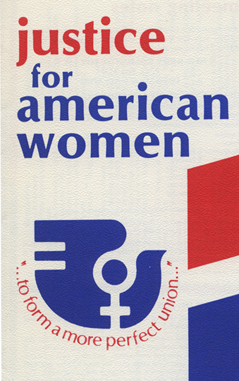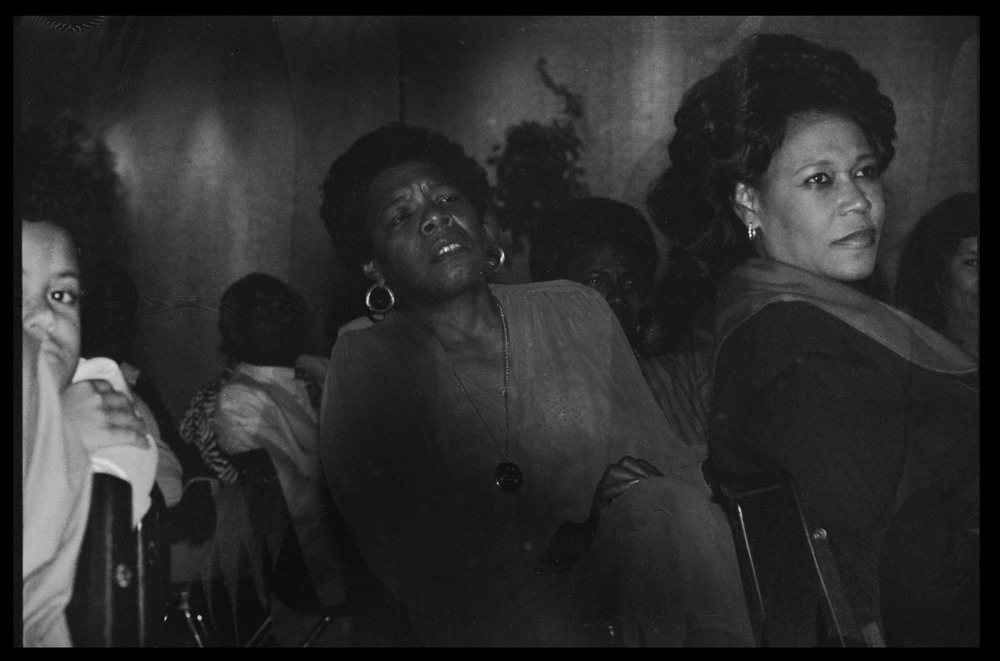Janice M. Irvine Oral History Collection
2013-2024
85 digital files
Call no.: MS 1223
Janice M. Irvine, professor of sociology at the University of Massachusetts Amherst, is known for her research in the areas of social knowledge production, culture, politics, and sexuality studies. She earned her Ph.D. from Brandeis University, and an MPH in biostatistics and epidemiology from Boston University. She has received two Fulbright Scholarships; a Schlesinger Library on the History of Women in America Oral History Grant; a Rockefeller Fellowship at the Center for Lesbian and Gay Studies at CUNY; and an award for Career Achievement and Distinguished Scholarship by the Sexualities Section of the American Sociological Association. Irvine’s books include Talk About Sex: How Sex Ed Battles Helped Ignite the Right; Marginal People in Deviant Places: Ethnography, Difference, and the Challenge to Scientific Racism; and Disorders of Desire: Sexuality and Gender in Modern American Sexology. Irvine is also the author of numerous articles, and editor or coeditor of several volumes of essays.
The Janice M. Irvine Oral History Collection consists of oral histories conducted by Irvine over the course of more than a decade. Including interviews that were part of the research for her book Marginal People in Deviant Places, the collection also emphasizes experiences of people researching, using, or prescribing psychedelics for medical, psychological, spiritual, or mystical purposes, as well as individuals and groups engaged in or welcoming difference and creating or inhabiting alternative spaces. Interviews will go online as the files and metadata are prepared.
Gift of Janice M. Irvine, 2024
Subjects
Alternative therapies.Ayahuasca.Hallucinogenic drugs.Ketamine--Therapeutic use.Lesbian cooks.Marginality, Social--United States--History--20th century.Restaurants--Social aspects.Women shamans.Types of material
Oral histories.Sound recordings.



